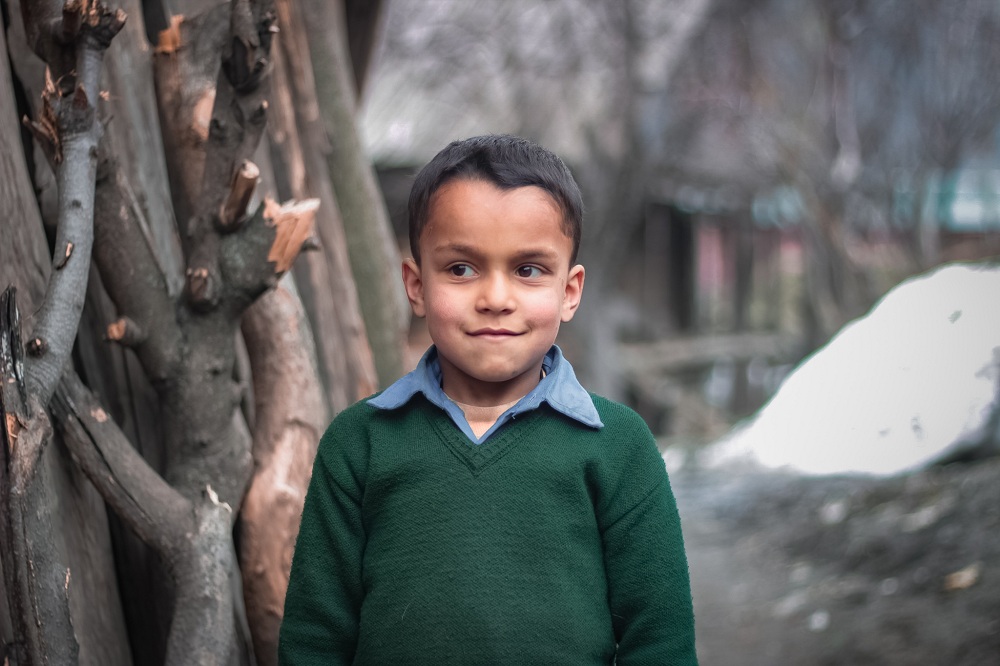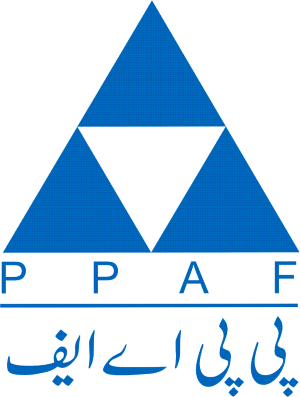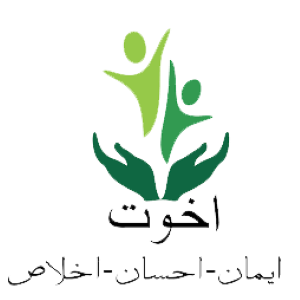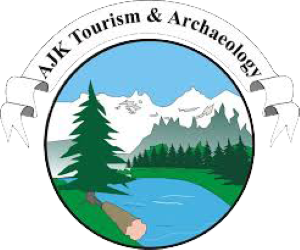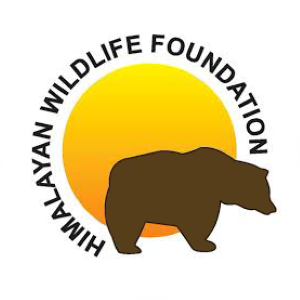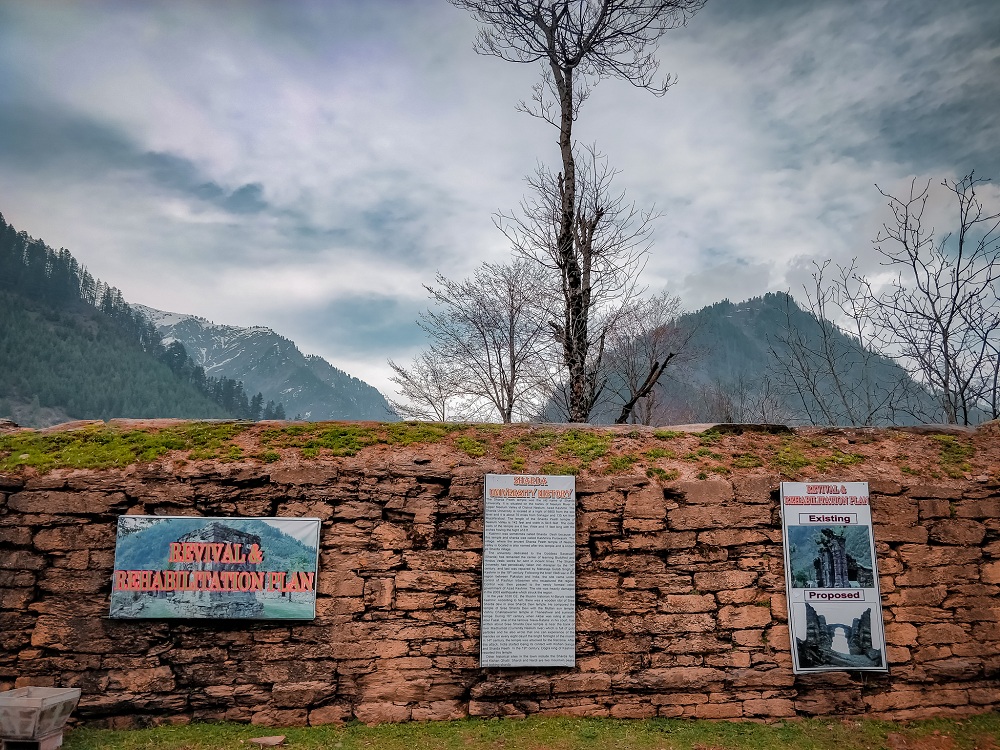
CHALLENGES
The number of visitors to the Neelum valley started increasing following cessation of tension along the Line of Control in 2002. The earthquake of 2005 substantially damaged the infrastructure and roads, and it took some years for the visitors to return to the valley. The number of visitors has been increasing since, and now presents the following challenges:
Environmental Degradation: Growth of tourism in the valley has been high in the recent past triggering construction of poorly planned facilities resulting in environmental degradation with consequent loss of tourism potential in the area.
Poor Quality of Facilities and Services: Most guest houses in Neelum Valley are not of good quality and standard of services in terms of upkeep and hygiene are poor, which limits the market to low-end customers that have a low economic but high environmental footprint. It also means that guest houses cannot charge the high price that tourists might be ready to pay for good quality accommodation.
Lack of Supporting Services: Supporting services such as transportation, tour operators, and trained guides are limited in availability and quality.
